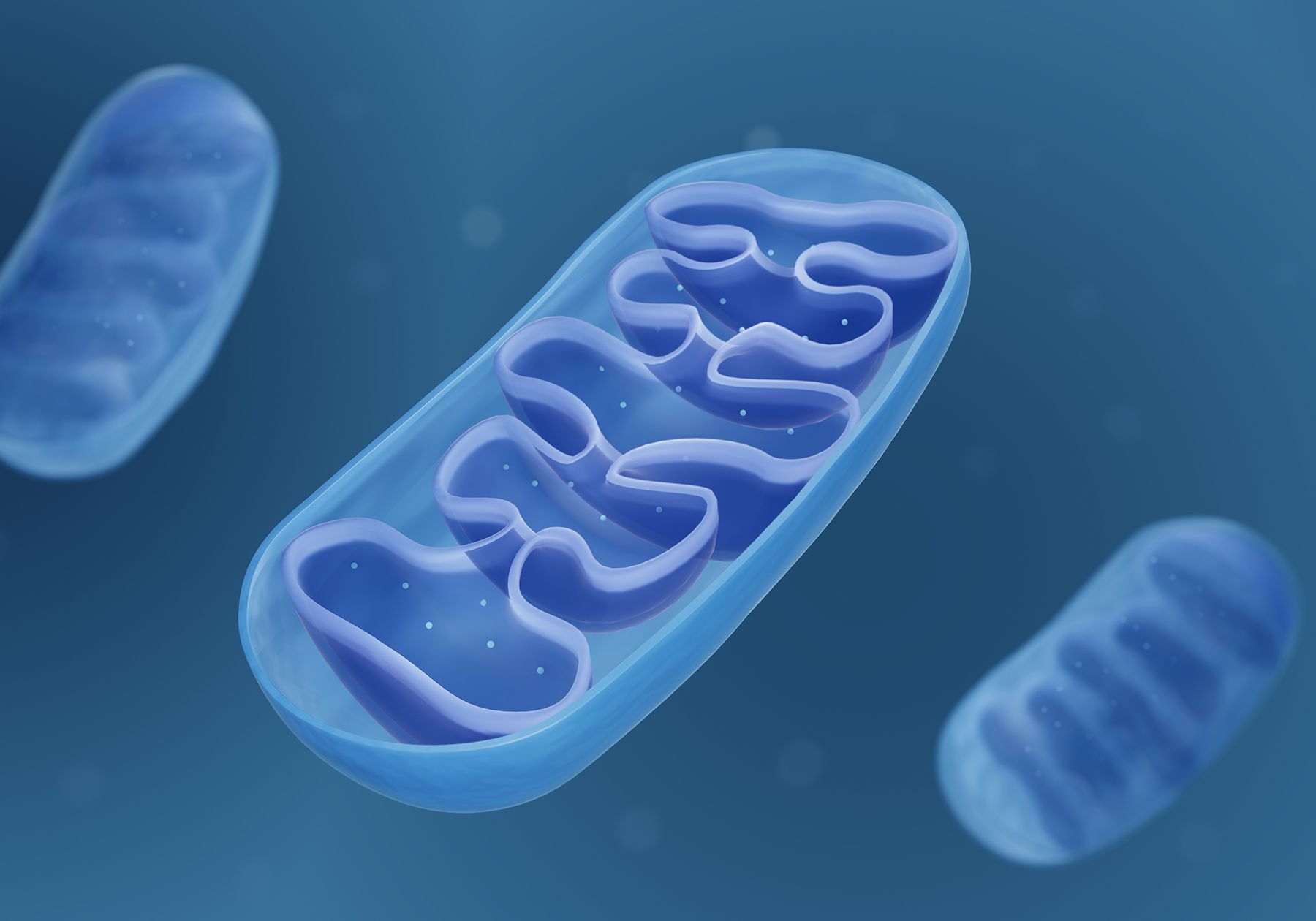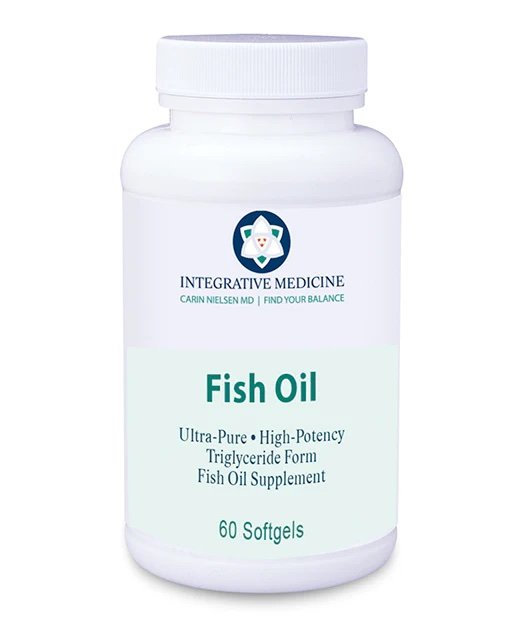Categories
- Advanced Laboratory Testing
- Blood Sugar
- brain health
- Detoxification
- Digestive Health
- Energy
- Fitness
- Health Coaching
- Heart Health
- Hormone Balance
- Hormone Therapy
- Immune System
- Insulin Resistance
- Integrative and Functional Medicine
- Mitochondria
- Nutrition
- Perimenopause
- Protein
- Skincare
- Sleep
- Stress
- Supplements
- Thyroid
- Weight Loss
Toxic Overload: Symptoms to Look For & Tips for Healthy Detoxification
Most of us don’t realize just how hard our bodies work every day to process and eliminate toxins. Whether we notice it or not, our internal detoxification systems—primarily the liver, kidneys, gut, and skin—are constantly filtering out toxins to keep us healthy and balanced. When those detox pathways function well, we feel our best. But when the load becomes too much, toxins can build up, leading to symptoms that can be hard to ignore.
Nutrients for Mitochondrial Health
Optimizing your mitochondrial function means you are giving your body the advantage of efficient energy production. That means potential benefits for your brain, heart, muscles, and more. Here are some top nutrients known to support mitochondrial health.
5 Habits For Healthy Mitochondria
Simple steps can go a long way in improving mitochondrial health! This blog highlights five science-backed habits you can practice every day to support mitochondrial synthesis and efficiency.
Mitochondria - What They Are and Why You Should Care
Have you ever found yourself battling unexplained bouts of fatigue, energy dips throughout the day, or an overall sense of exhaustion? You're certainly not alone. While there can be myriad reasons behind feeling low on energy, one critical aspect we shouldn't overlook is the health of our MITOCHONDRIA.
The Mediterranean Diet & Heart Health
February is American Heart Month ❤️
The Mediterranean Diet is research-proven to lower the risk of cognitive decline, promote longevity, and reduce the risk of many chronic diseases and cancer - but perhaps most compelling is the data on the Mediterranean Diet and reduced risk of heart disease.
Spotlight on CoQ10
CoQ10 is a nutrient that supports mitochondrial function for cellular energy production and also acts as an antioxidant. It can be synthesized in the body, but its production declines with age.
Other reasons that CoQ10 levels can decline in the body include an increased demand in certain tissues, other nutritional deficiencies, or the use of statin medications (common medications for cholesterol levels).
How to Read a Fish Oil Label
In my Integrative and Functional Medicine practice, I routinely measure essential fatty acid levels with nutritional testing and recommend omega-3 fatty acid supplementation to my patients for various reasons.
Fish Oil is a rich source of omega-3 fatty acids - but not all Fish Oil supplements are created equal!
Heart Disease - Men & Women are Not Treated Equally
Heart disease is the leading cause of death in women. Heart disease is the leading cause of death for both men and women in the United States. This fact surprises many of my female clients, who are often more concerned about their risk for breast cancer than their risk for heart disease, yet women have a greater risk of dying from heart disease than from all cancers combined. According to Harvard Health, currently in the United States, three million women are living with breast cancer, which causes one in 31 deaths. Almost 50 million women have cardiovascular disease, which causes one in three deaths.
10 Protein-Packed Foods You Should Have in Your Kitchen
Keep these ten protein sources stocked in your kitchen to ensure clean protein is ready for all of your meals.
New Report: Estrogen Therapy & Weight Gain
Perimenopausal weight gain is a real thing.
This is a fact.
It's common for weight gain to start a few years before menopause, during the time known as perimenopause. Weight gain often continues at about the rate of 1.5 pounds each year as a woman goes through her 50s.
When I meet with women to discuss the potential risks and benefits of menopausal hormone therapy - fear of weight gain with estrogen therapy is common.
But is this fear valid?
How Much Protein Do You Need?
Protein is a fundamental component of a healthy diet - but how much protein do you really need? In this blog, I outline how minimal RDA protein recommendations are not optimal and provide calculations I use with my patients to estimate their protein needs.
More Protein = Fewer Fractures
Research shows that eating more protein reduces hip fracture risk in women.
New Year’s Resolutions? Start With Your Mindset.
Are you setting health and wellness goals for the New Year? Do you have resolutions to start healthier habits?
If so, let’s increase your chances of success by starting with your MINDSET.
Hack Your Stress Response with Adaptogens
Stress is a fact of life. Short-term stress is normal and helps us deal with immediate challenges. Our stress response is managed by the hypothalamic-pituitary-adrenal (HPA) axis and the sympathetic nervous system, which release hormones such as adrenaline and cortisol when faced with stress. This response is vital for survival and maintaining balance in the body - however, chronic stress, lasting for a long time, can harm our health, affecting mental health, the heart, immune system, digestion, cognitive function, and energy levels.
Stress Triggers & Stress Stoppers
As discussed in my previous blog, chronic elevation of the stress hormone cortisol is one of the most significant root causes of health issues in many of my clients. It can have long-term effects on many aspects of health and well-being, including metabolism, sleep, brain, and mood.
Have you ever thought about what’s actually creating stress in your body? It might not be what you think.
Stress Hormones - Why Cortisol Is The Problem
If you want to train your body to be more resilient to stress (so it doesn’t have so much control over your life), it helps to understand stress hormones. There are 2 stress hormones I want you to know about: Cortisol & Adrenaline (also called Epinephrine).
Targeted Nutrients for Cold & Flu Season
Strengthening our immune defenses becomes paramount during these chilly months. In addition to good sleep, regular exercise, and improving gut health, one effective strategy for immune support is to incorporate targeted nutrients into our daily routines.
Six Simple Things That Helped Me Recover From My Breast Cancer Surgery
In May 2022, I was diagnosed with an early-stage breast cancer, detected by a routine screening mammogram. I chose to undergo a skin-sparing double mastectomy with reconstruction in late June 2022 and spent the summer recovering. Fortunately, the cancer was caught very early, and I was given an excellent prognosis without chemotherapy.
5 Daily Practices to Rewire Your Brain
You can teach your brain to form new connections: to strengthen pathways that serve you and weaken pathways that don’t. This is called neuroplasticity.
Ready to Change Some Habits? Start With Your Brain.
You have the power to retrain your brain! Think of it like rewiring. You can teach your brain to form new connections: to strengthen pathways that serve you and weaken pathways that don’t. It’s called neuroplasticity.
Tags
- allergies
- anxiety
- blood sugar
- Blood Sugar
- breast cancer
- Cardiovascular Disease/Heart Attack
- cellular energy
- cortisol
- cravings
- Detox
- detoxification
- Detoxification
- digestion
- endocrine system
- energy
- estrogen
- everyday detox
- exercise
- Exercise
- fatigue
- fiber
- Functional Medicine
- gut health
- heart attack
- heart disease
- heart health
- Heart Health
- hormone balance
- Hormones
- hormones
- HRT
- Hydration
- hyperthyroidism
- hypothyroidism
- Immune Function
- immune support
- inflammation
- Insulin Resistance
- Integrative Medicine
- Low Thyroid Function
- mitochondrial function
- Nutrition
- nutritional deficiencies
- NUTRITIONAL SUPPLEMENTS
- protein
- protein shake
- sleep
- stress
- Thyroid
- Toxins
- TSH
- WEIGHT
- weight gain
- weight loss
- womens health




















